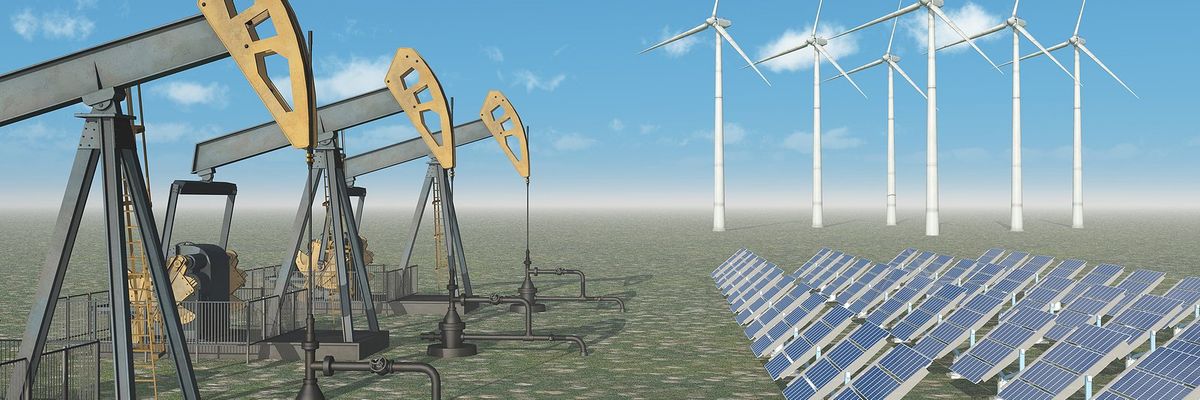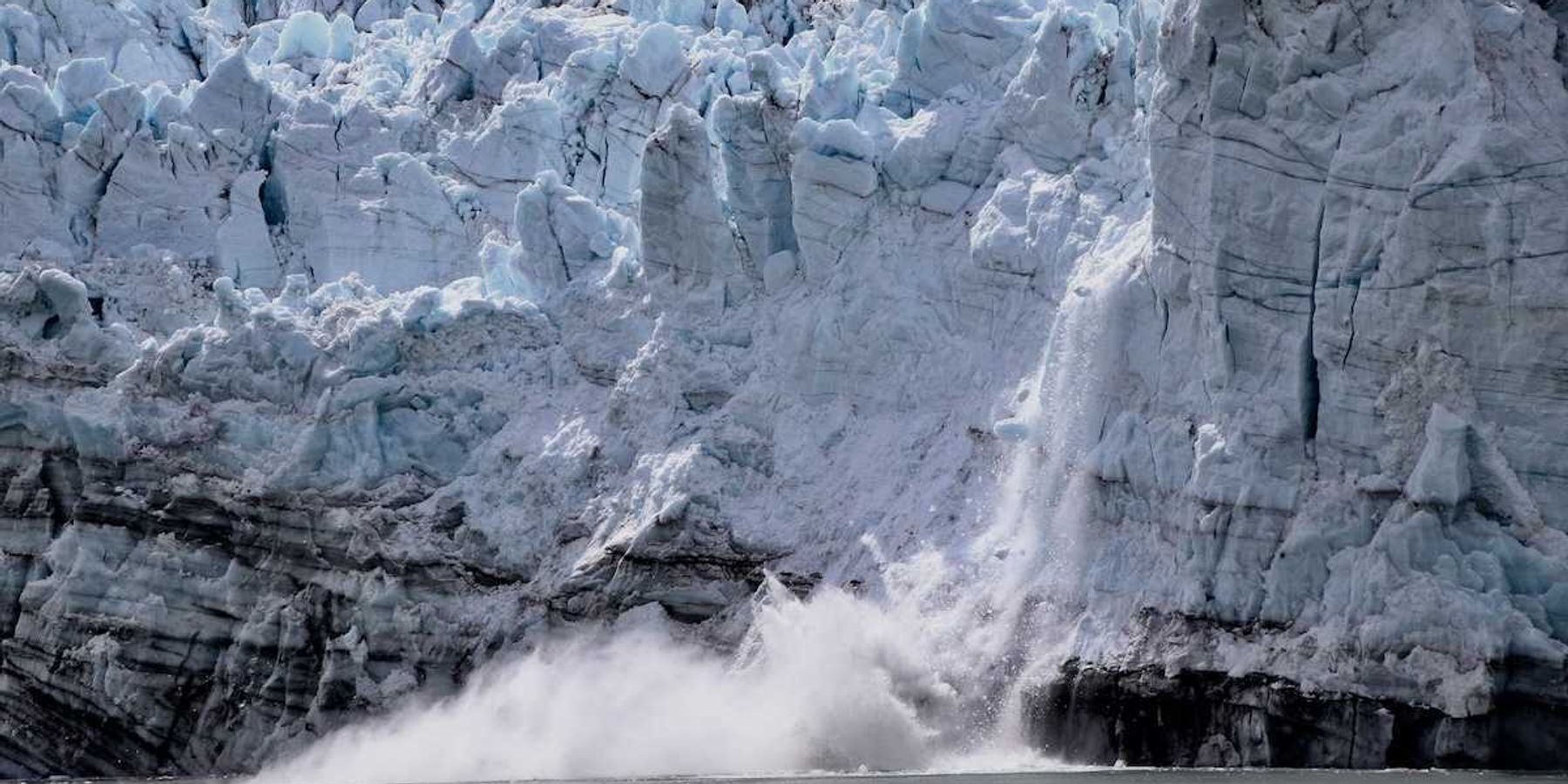famine
Severe drought in Zambia risks widespread hunger and economic collapse
Zambia's environment minister has warned that a severe drought is causing widespread hunger, prolonged power outages, and economic disruption, highlighting the broader regional impacts of climate change.
In short:
- Zambia faces severe drought leading to major crop failures, particularly in maize, resulting in imminent food shortages.
- The country’s hydroelectric power capacity is halved, causing frequent and extended power cuts.
- Zambia is diversifying crops and seeking international financial aid to mitigate the impacts of the climate crisis.
Key quote:
"What has happened this year is that we received well below the normal rainfall. This has been a crippling drought."
— Collins Nzovu, Zambia's environment minister
Why this matters:
The drought in Zambia serves as a stark warning of the escalating impacts of climate change on vulnerable regions. The drought has decimated crops, leaving many families struggling to find enough to eat. With less water flowing into hydroelectric dams, the country is also facing persistent power cuts, which are disrupting daily life and crippling industries. The economic fallout is profound, affecting everything from agriculture to manufacturing and services.
Brazilian police probe deadly shooting on Indigenous land
Brazil’s federal police said Sunday they are investigating a shooting that killed one and wounded two Yanomami Indigenous people, saying the main suspects were illegal gold miners working in that area of Roraima state.
Human-driven climate crisis fueling Horn of Africa drought – study
Region is suffering its worst drought in 40 years after five consecutive years of below-average rainfall.
Climate change made East African drought more likely, study finds
Somalia drought caused 43,000 deaths in 2022, report estimates
Jill Biden sees East Africa drought up close, seeks more aid
U.S. first lady Jill Biden got an up-close look Sunday at the historic East Africa drought as she walked along arid land and listened as some Maasai women described how their children and livestock are going hungry.









